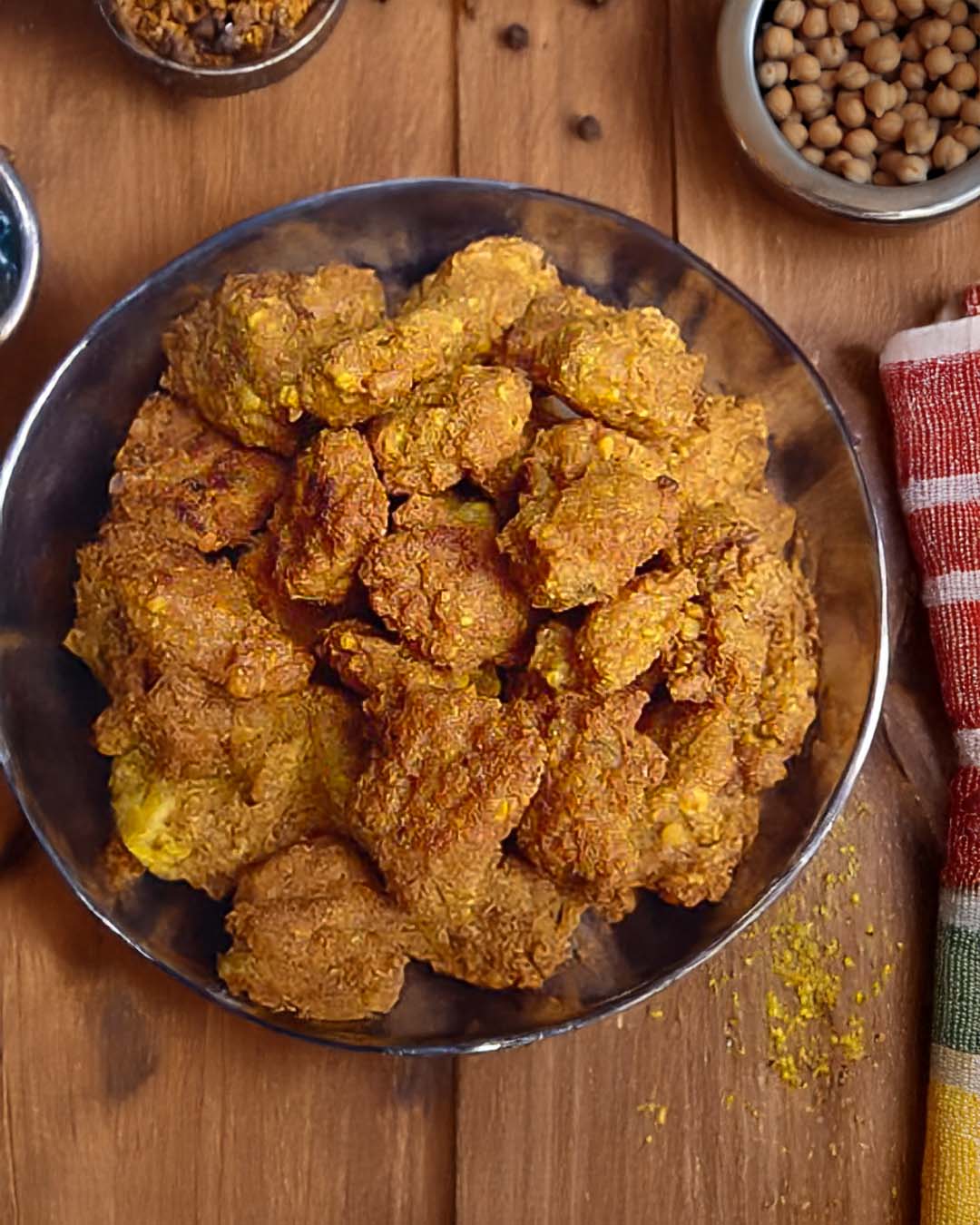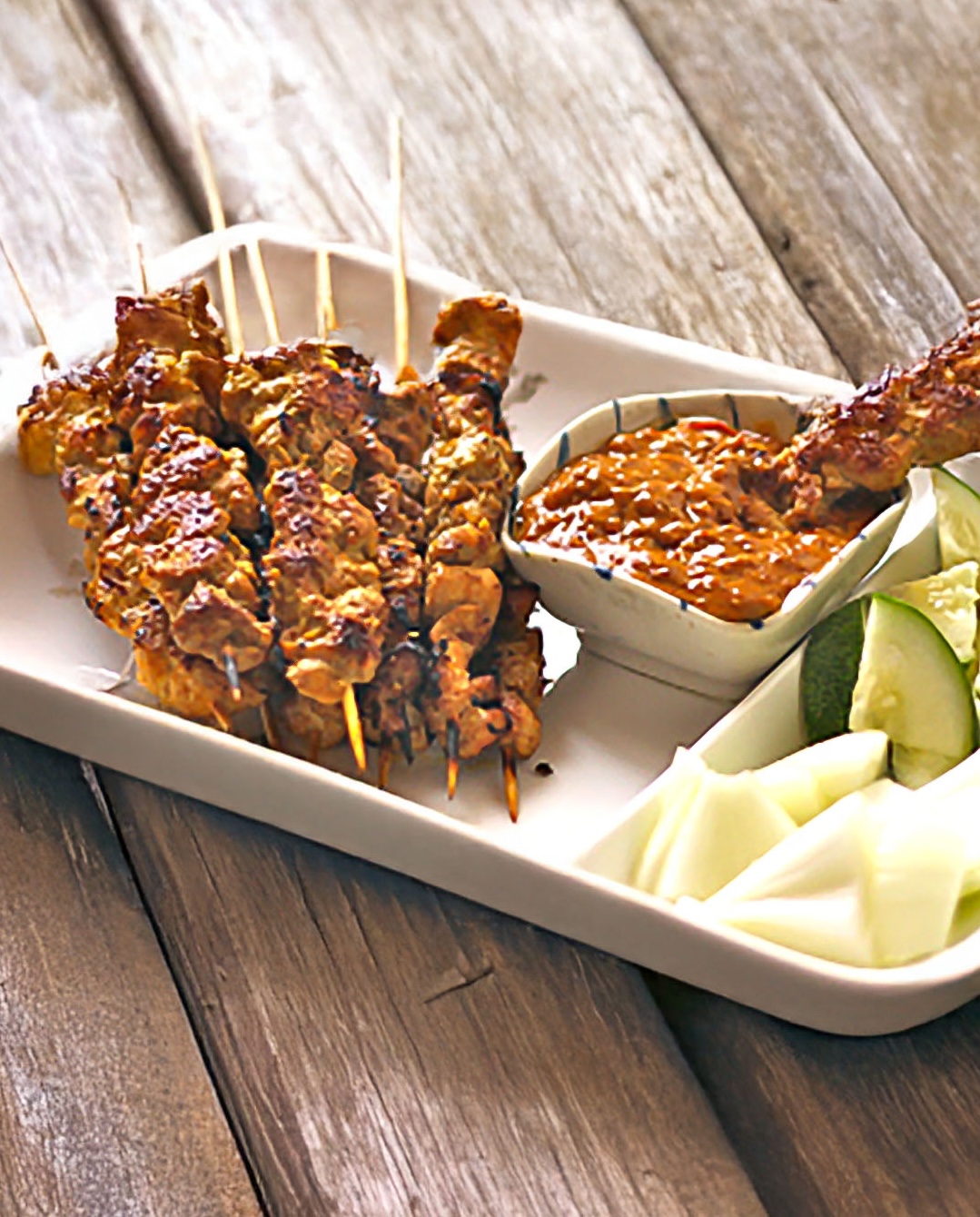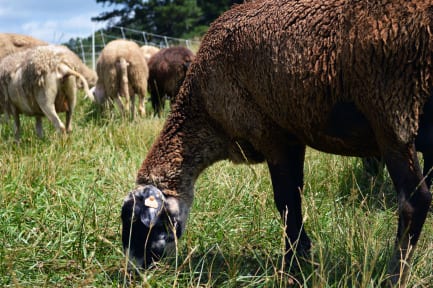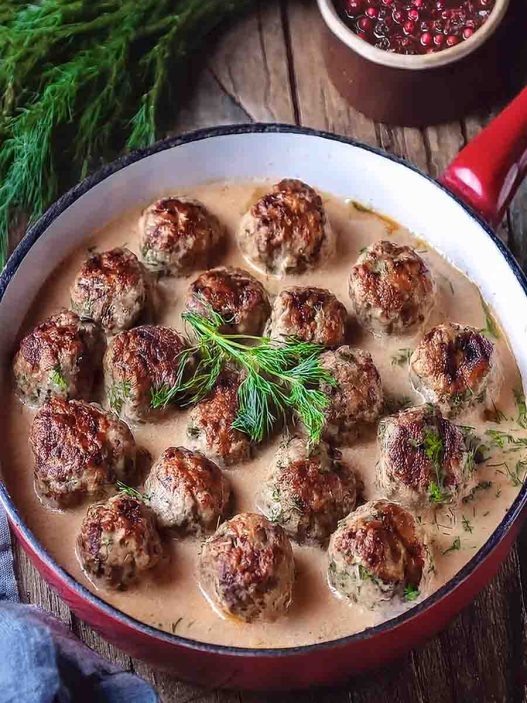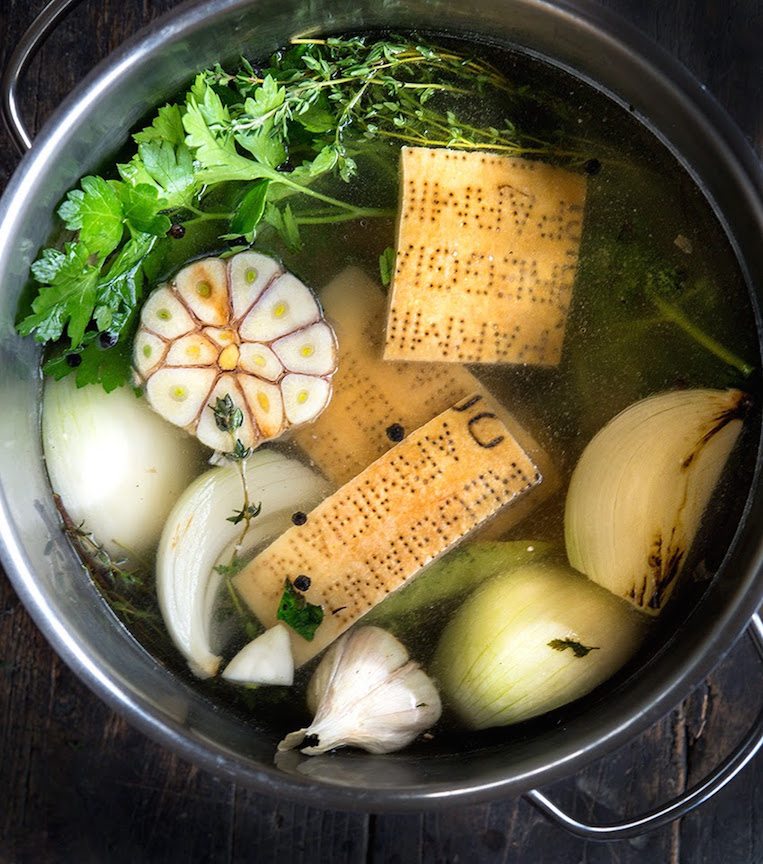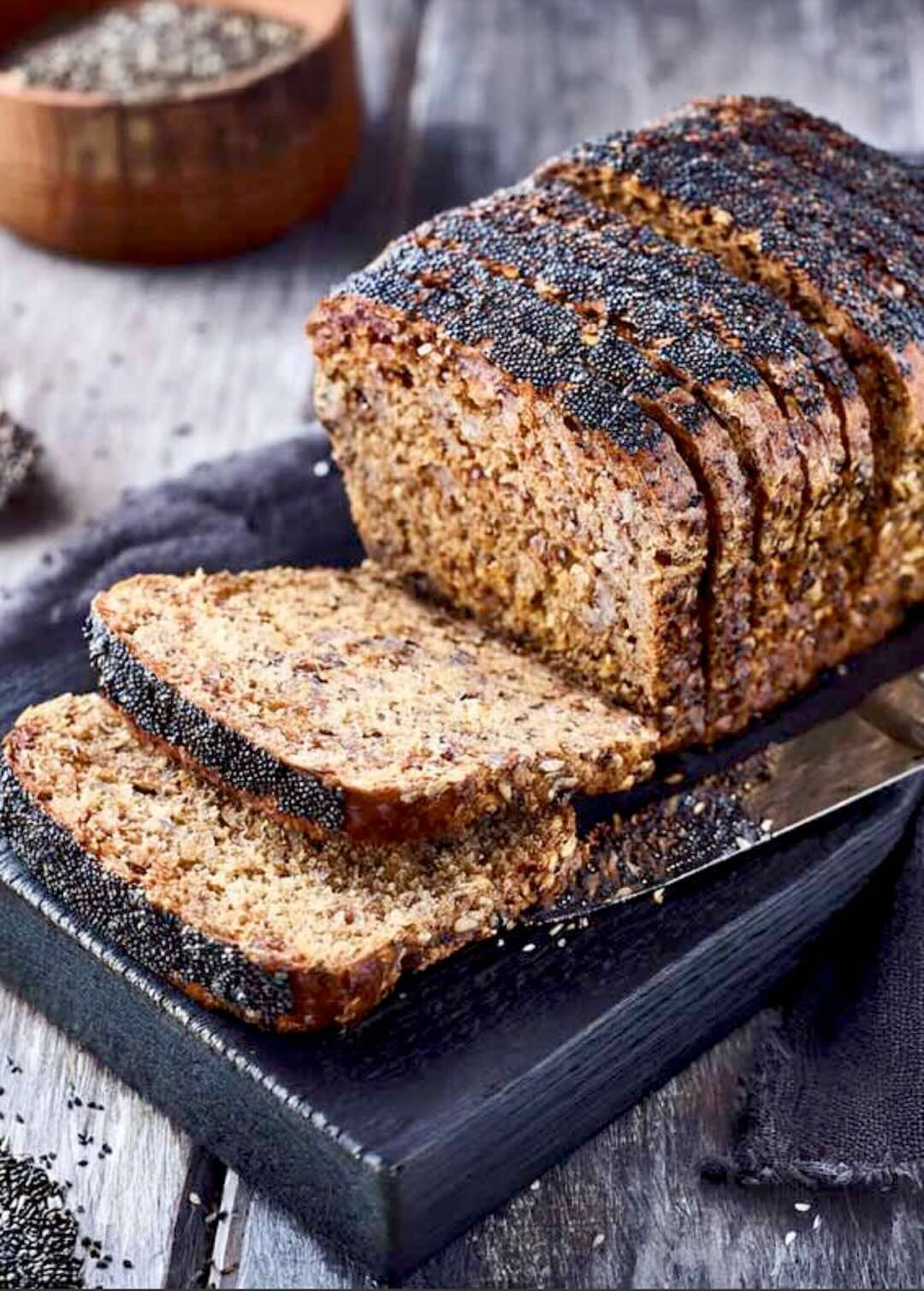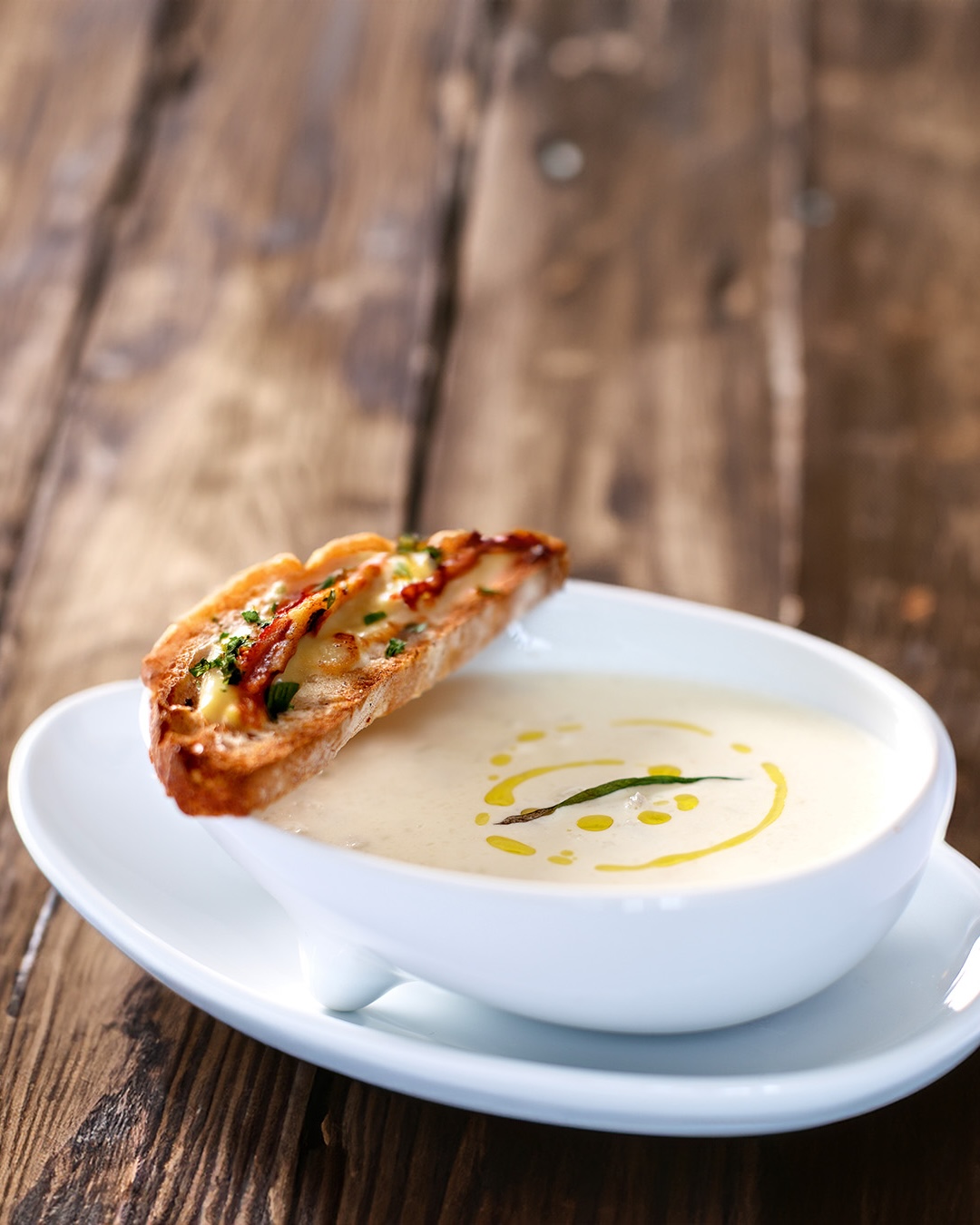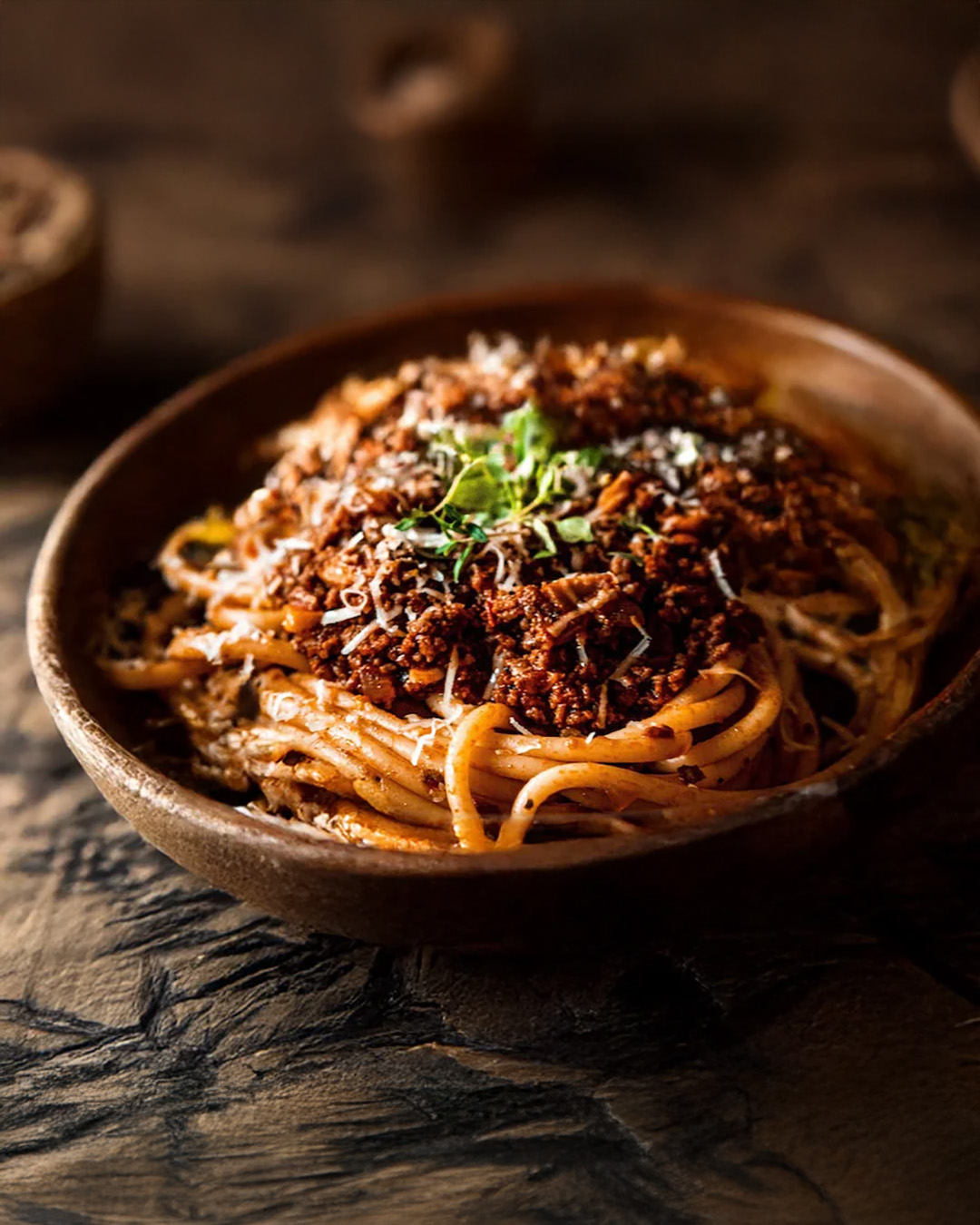France, Spain, Italy, Wisconsin. These are the places cheese is typically produced. One might assume Georgia the country before Georgia the state comes to mind as a cheese wonderland. But Many Fold Farm is here to change that through their grass-fed sheep farm and passion for preserving the land while producing great cheese.
By Catherine Baker
 http://atlantarestaurants.blog.ajc.com
http://atlantarestaurants.blog.ajc.com
Living in the French Alps for the past two years made moving back to Georgia more complicated than I thought. Mostly due the fact that my tastebuds (and stomach) were now accustomed to a cheese course after nearly every meal. I searched high and low for anything that came close to les fromages I had grown accustomed to. After the last of my imported goods was consumed, I had little to zero hope of having good cheese again until I could budget another trip back across the Atlantic.
A fellow foodie aunt of mine sympathized with my woes and invited me to her home in Serenbe, a community just southwest of Atlanta. She promptly took my hand and led me down to the General Store where they stock neighbor Many Fold Farm’s cheese. She picked up their Condor’s Ruin and Brebis, and we gathered a few other necessities for a perfect apéro: olives, marcona almonds, pâté, good bread and a bottle of Sancerre.
 http://manyfoldfarm.com
http://manyfoldfarm.com
I was instantly back in cheese heaven with Many Fold Farms’s cheese. The ash-ripened Condor’s Ruin leaves you licking your fingers to ensure not one bit of the creamy richness goes to waste. The soft, fresh Brebis could be devoured by the spoonful or simply spread on a bread of choice. The following morning, I savored it on a biscuit with a little blackberry jam or sprinkle with a little fleur de sel for full flavor.
Many Fold Farm is a grass-based sheep farm located in Chattahoochee Hills, Georgia, and was established by husband and wife team, Ross and Rebecca Williams, in 2009. They implement “a management intensive rotational grazing strategy that directly mimics the development of grasslands in nature, providing us with maximum soil fertility, maximum grass growth, and maximum nutrition for our animals and our customers.” With about 200 sheep along with several hundred chickens and a few dogs, the farm produces four cheeses with more in the making. The farm also sells fresh eggs, wool and seasonal lamb.
 http://facebook.com/manyfoldfarm
http://facebook.com/manyfoldfarm
Owner and cheese maker Rebecca Williams gives me further insight to the farm’s beginnings and culture.
What’s the inspiration behind each cheese, and which one did you make first?
Rebecca Williams: Condor’s Ruin was first. I had no idea what it would be. I had to start somewhere, and so I started with a very basic technique to see what the milk would do. I chose to make the cheeses I enjoyed eating and that I thought would sell well. It’s really that simple.
The farm currently produces four cheeses. Do you have any plans for expanding your cheese products? Perhaps to cow or goat milk?
RW: We already have a hard-aged cheese in the works: Peekville Tomme. It’s been pretty limited as we’ve been working on it, but you can get it here and there during the winter months. No goat milk. Maybe some mixed cow/sheep milk at some point. We are in a constant state of R&D.
 http://sweetpeachblog.com
http://sweetpeachblog.com
The farm has East Friesian and Lacaune sheep which hail from Germany and France, respectively. Why did you choose these particular breeds?
RW: They are the only dairy sheep breeds that were available in the United States at that time.
Did you grow up with passion for cheese or when did it develop?
RW: While we are passionate about food on the whole and cheese in specific, our real passion is less about cheese and more about land: how can we use land in a way that not only preserves it, but makes it economically viable in the long term without depleting it. Indeed, how do you make land economically valuable by putting back more than you take away? This is the fundamental question that drew us to cheesemaking.
What’s the greatest difficulty you’ve encountered with herding sheep and making cheese in the West Georgia environment?
RW: People and parasites. It’s hard to find good people in this industry. There are not a lot of people in the U.S. who know much about cheesemaking, and even fewer who know anything about sheep. It takes a lot of digging to find the right people, and a lot of coaching once you do. Parasites are the bane of my existence. Dairy sheep are not well adapted to the parasites we have here in the South, so they are very susceptible to illness from parasites. It is a constant battle.
Do you find the USDA regulations constraining to the cheesemaking process?
RW: The USDA does not regulate cheesemaking. Local Departments of Agriculture have jurisdiction over dairy in all states. Dairies are also under the purview of the FDA, which enforces the PMO, the federal legislation that most State Departments of Agriculture use to set local regulations. We are subject to inspection by both and have found our local inspectors to be very supportive. We have not yet been inspected by the FDA, but have practices and keep records that are inline with what we understand the requirements to be. The FDA and producers have not seen eye to eye on a few things in the last few years: mainly with regard to poor communication of expectations, cumbersome record keeping requirements, and a sometimes overly simplistic understanding of the scientific evidence for the safety of many traditional cheesemaking practices. As producers and regulators, we share a need to protect the health of our customers and the public. We share that same goal, but regulators and producers differ on some key issues around how we get there. Regulators want producers to create cheeses that are safe. Producers want to create cheeses that are safe and that are interesting to eat. It is that last bit that the producers want to do, the very thing that makes consumers want to buy the cheese at all, that is the point of most contention for producers and regulators: some of the ways you make cheese interesting to eat are not well understood by science and by the regulatory community. It is an ongoing conversation that we are happy to be a part of.
 http://facebook.com/manyfoldfarm
http://facebook.com/manyfoldfarm
Most Americans are not used to having a cheese course after dinner like the French. Do you think this is changing with more artisanal and local cheeses, especially in the South, developing?
RW: I certainly hope so! I tell a lot of my Farmers’ Market customers that the best way to eat cheese is as dessert: it fills in the cracks, so to speak! Much healthier than a slice of cake, too!
What are some of your favorite cheeses that aren’t produced by Many Fold Farm?
RW: I’m a sucker for Green Hill. It’s a cow’s milk cheese produced by the OG Southern Cheesemaker, Jeremy Little, at Sweetgrass Dairy. I eat it as one might an apple: the whole thing in one go; no knife, no fork, just hand to mouth. It’s very primal.
What wine or fruit pairings would you recommend for your cheeses?
RW: We are lucky enough to be neighbors with Vignette Cellars, who imports some amazing French wines. They bring us the most lovely whites and rosés to pair with our cheeses. Château L’Ermitage Sauterne with Garretts Ferry or Brebis is nothing short of divine.
When you first had the idea of starting the farm, what were you hoping to accomplish and did you ever dream of it becoming the success that it is today?
RW: To be honest, I had no idea it would all happen so fast. Up, running, making cheese, selling it all over the country in a matter of four years. We’re in a period now of visioning what the next four years might look like.
 http://facebook.com/manyfoldfarm
http://facebook.com/manyfoldfarm
Be sure to check out Many Fold Farm’s website, Facebook and Twitter for updates. You can purchase their products at The Peachtree Road Farmers Market, Star Provisions and the General Store at Serenbe.




